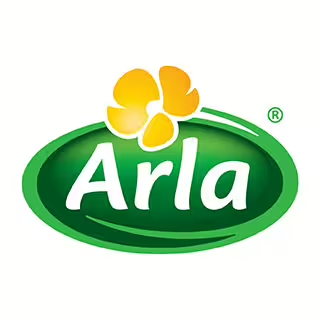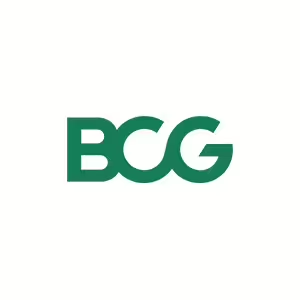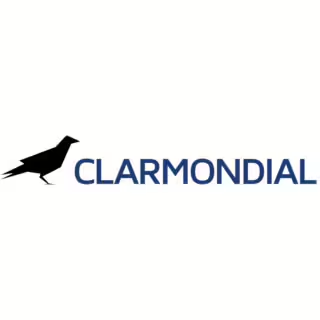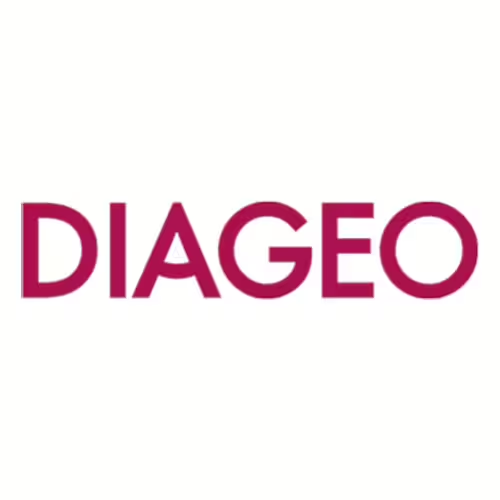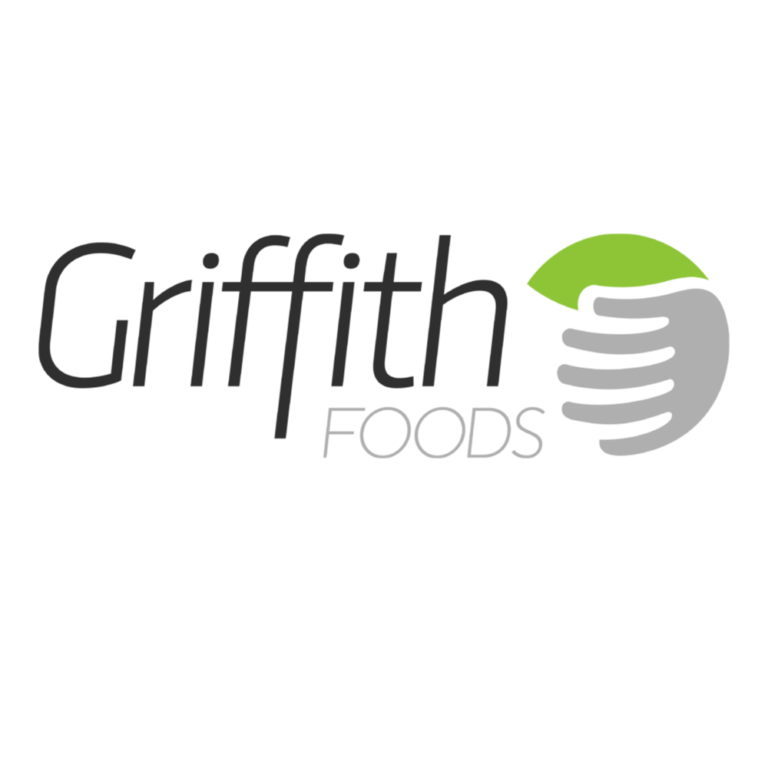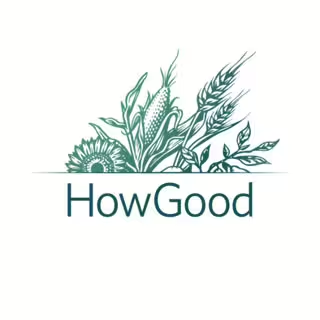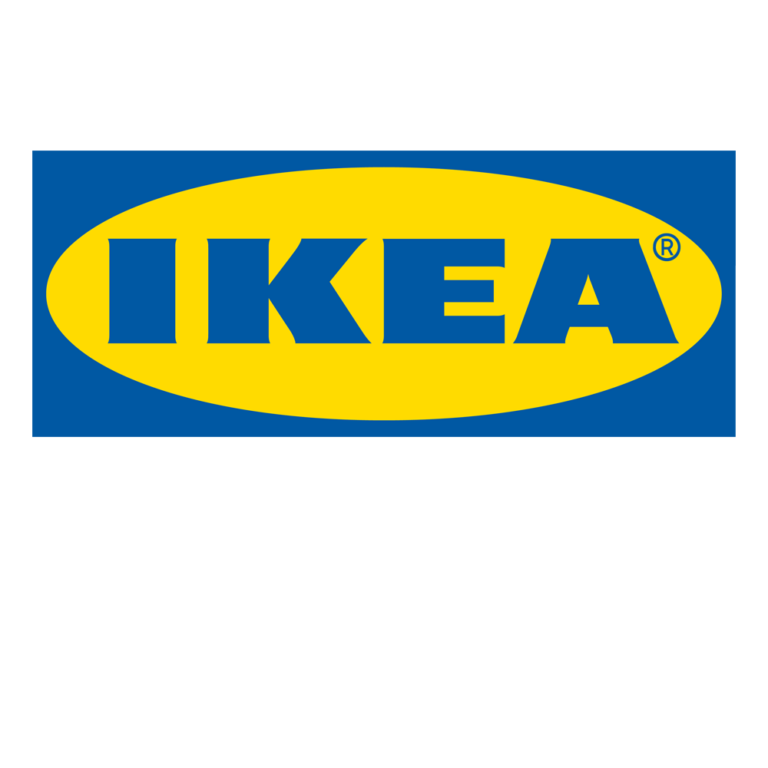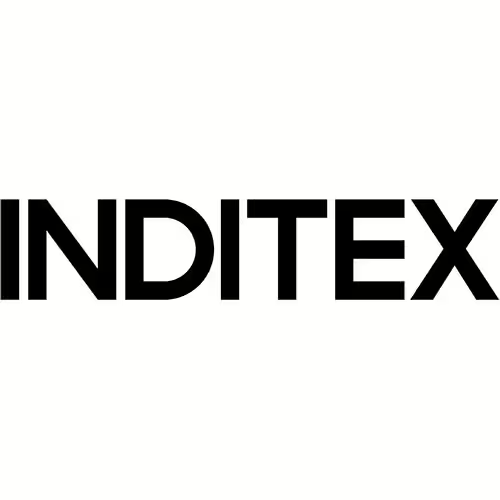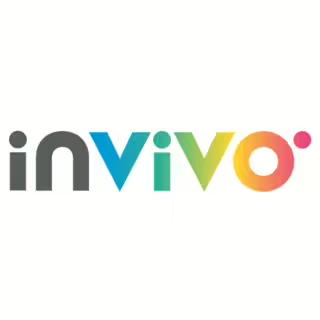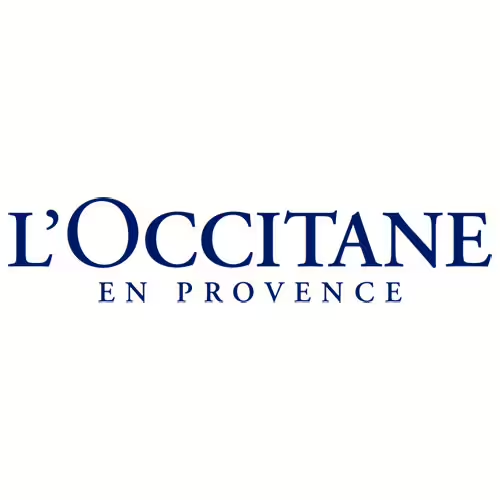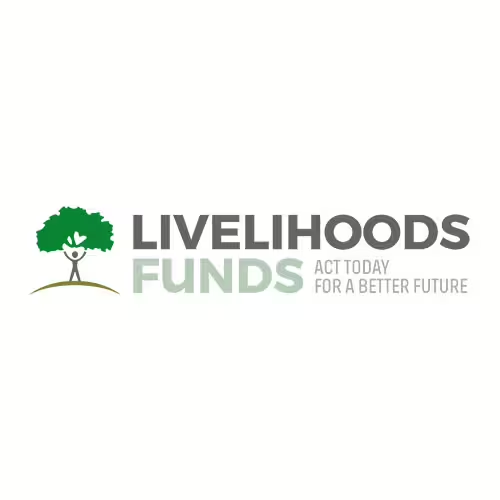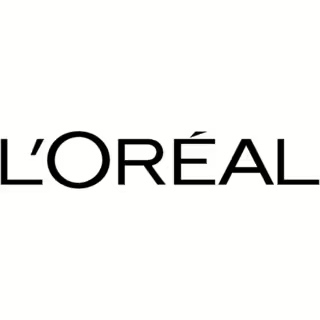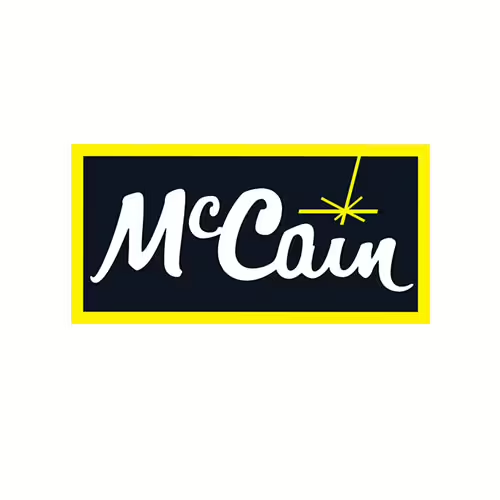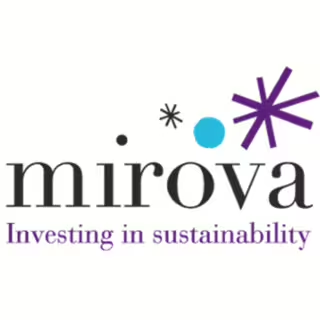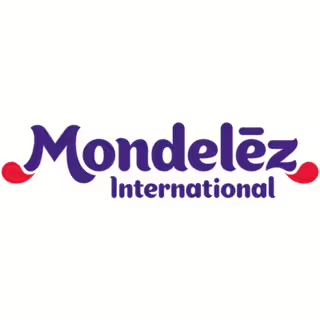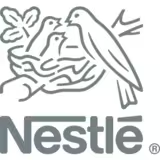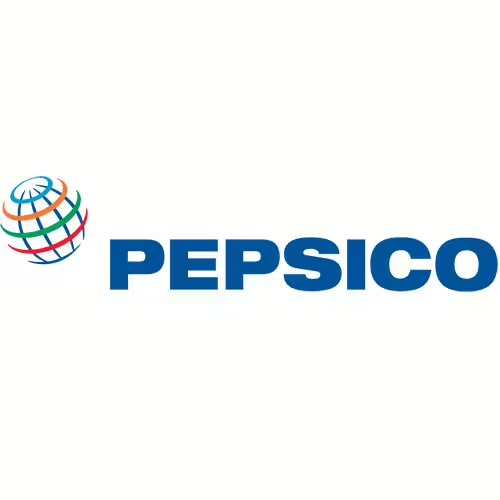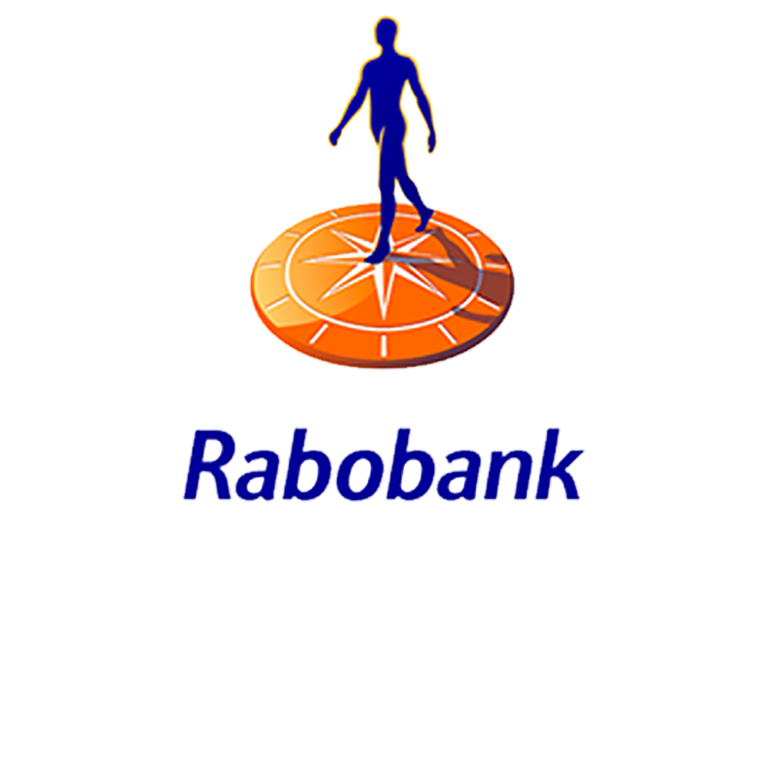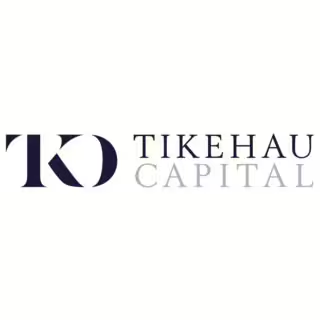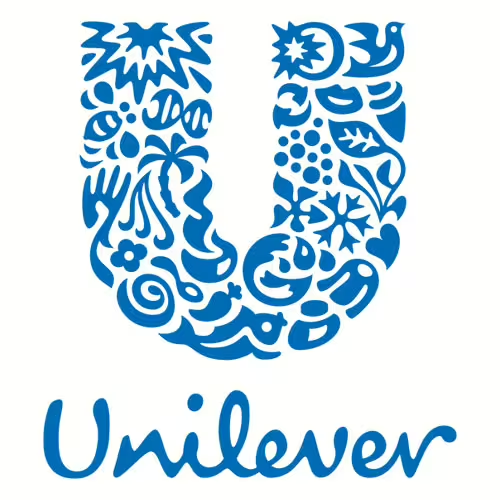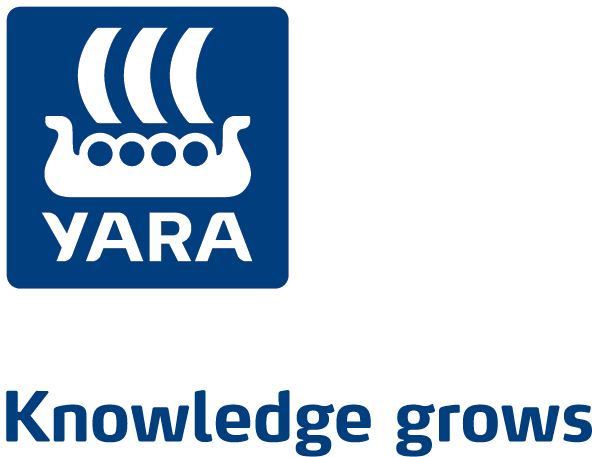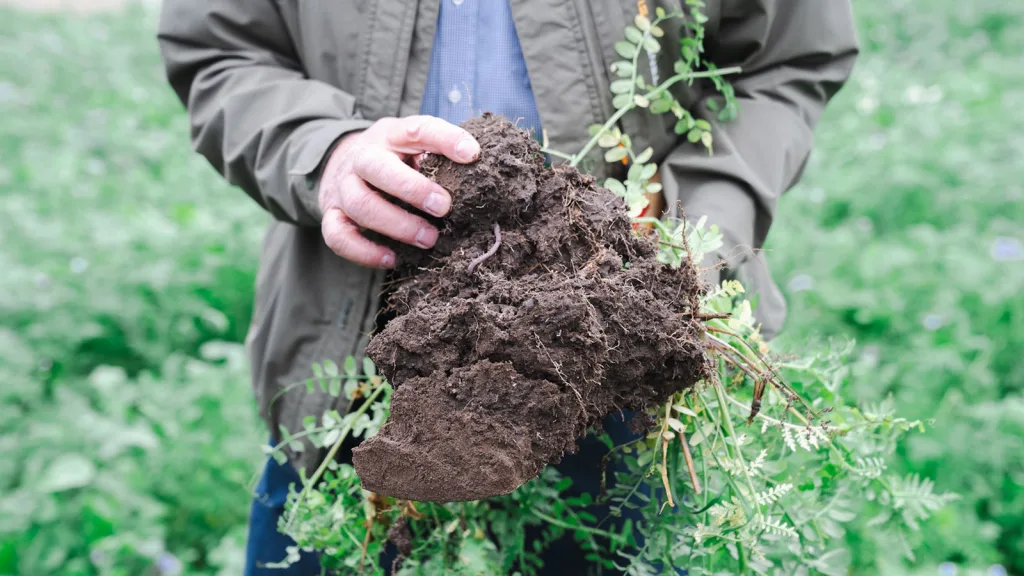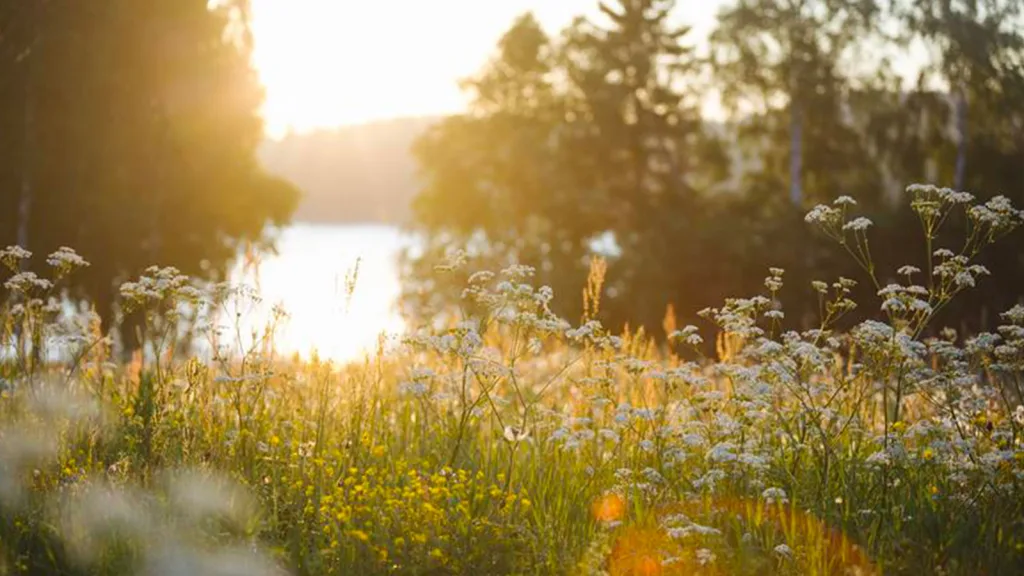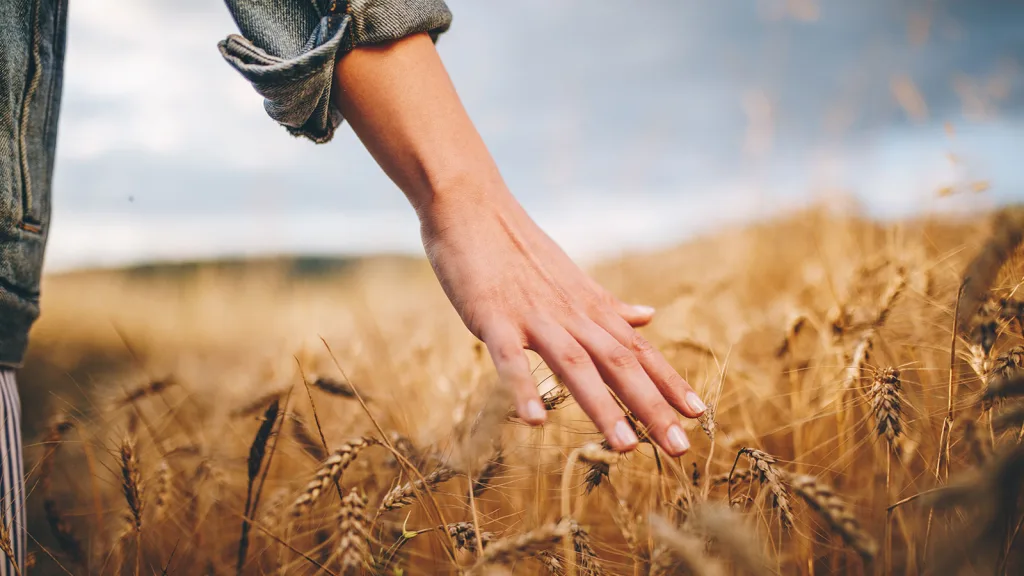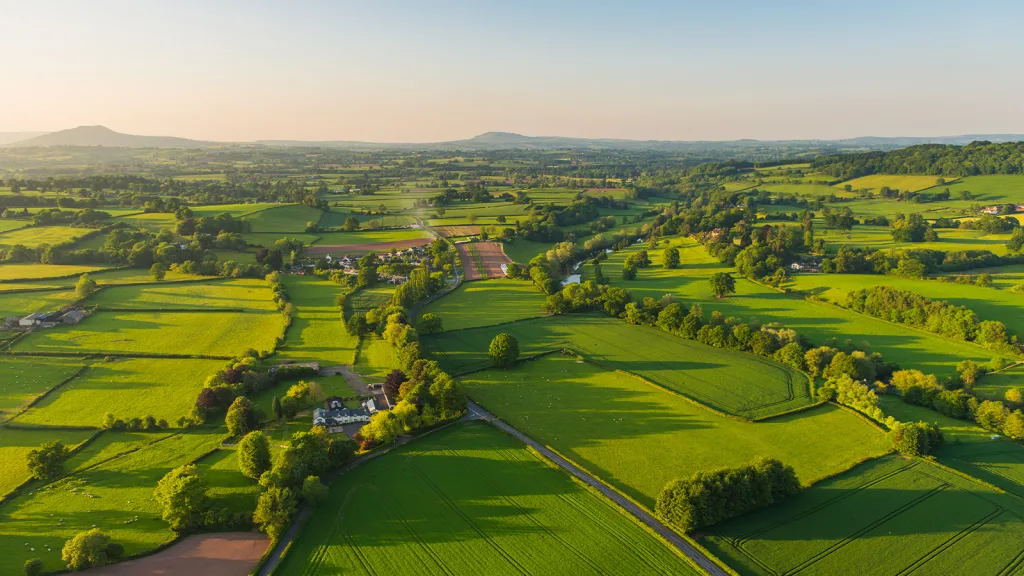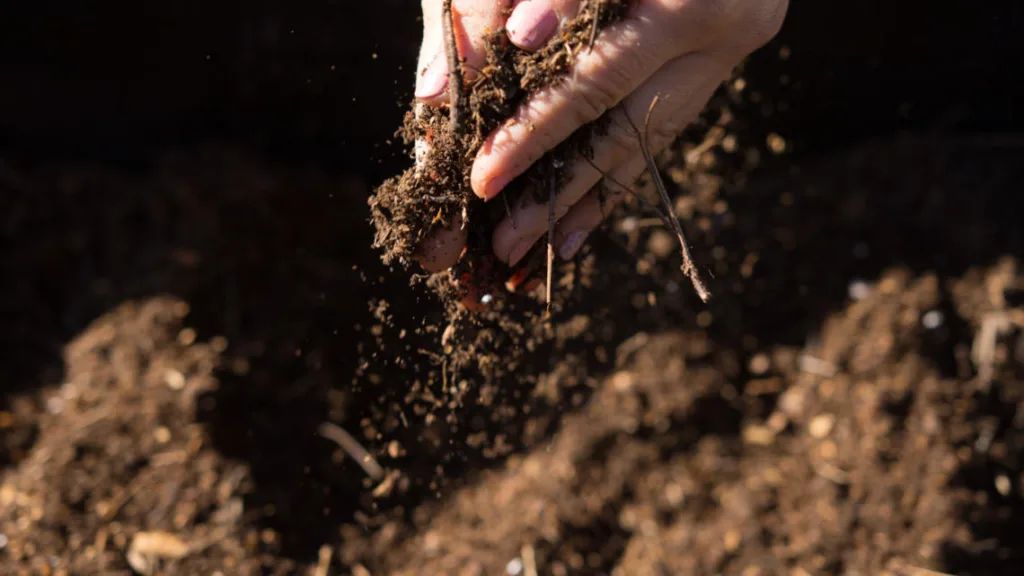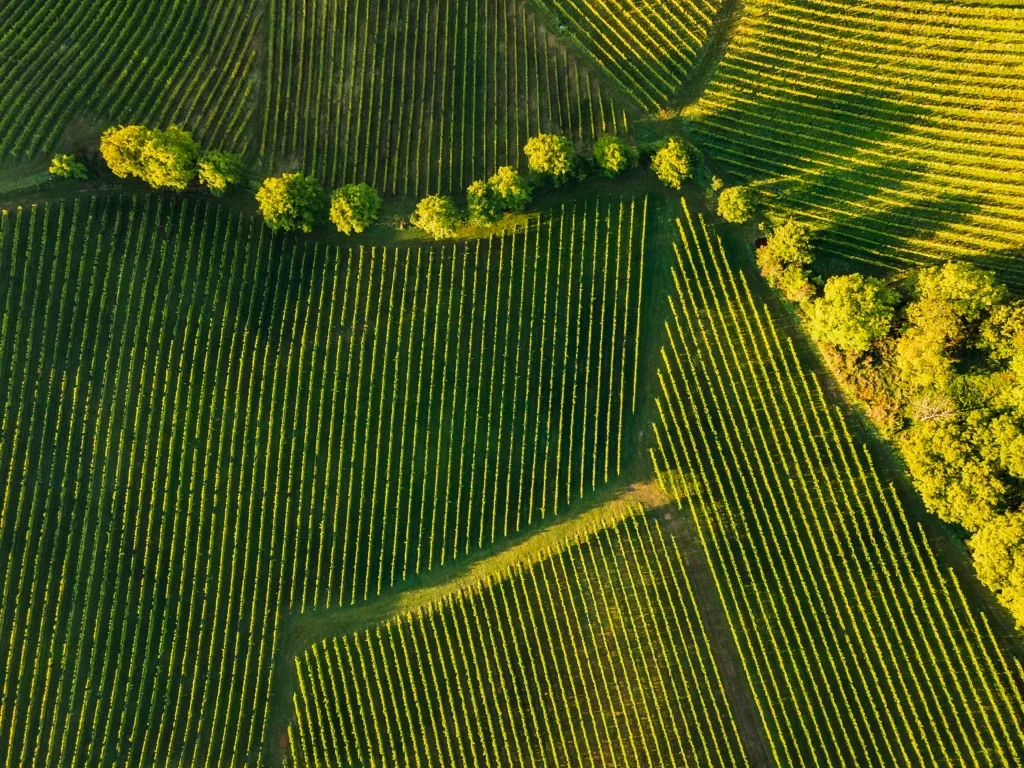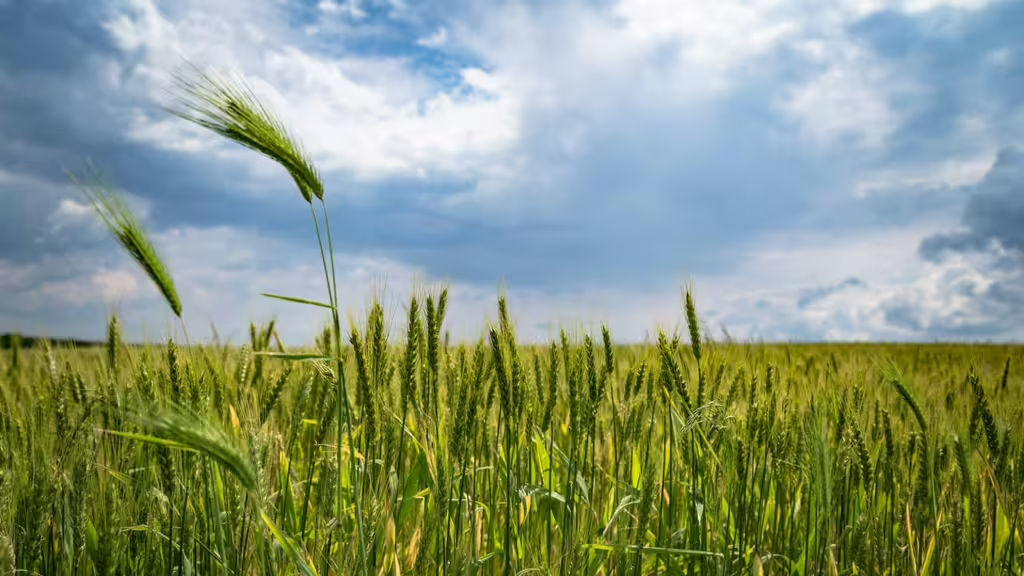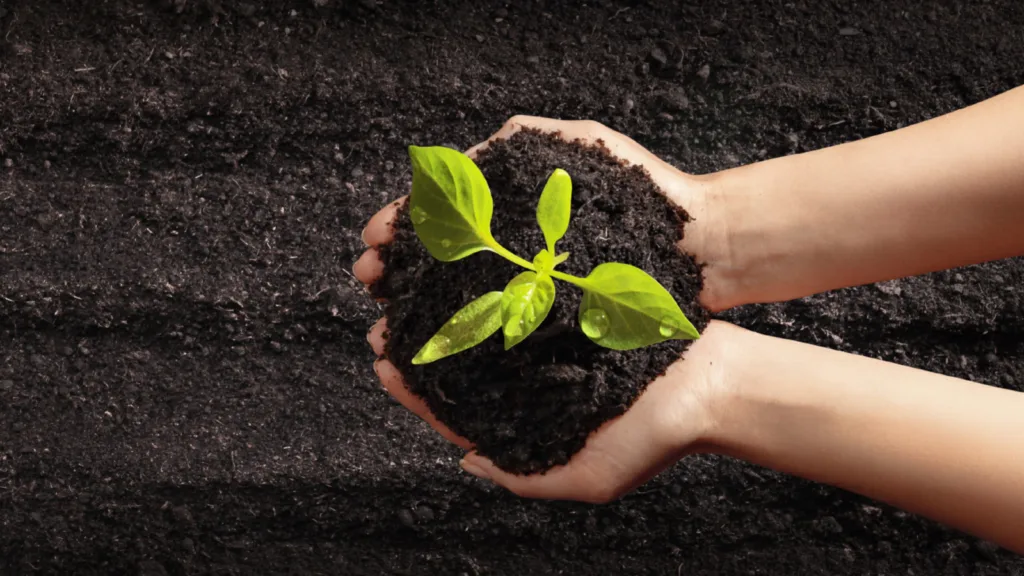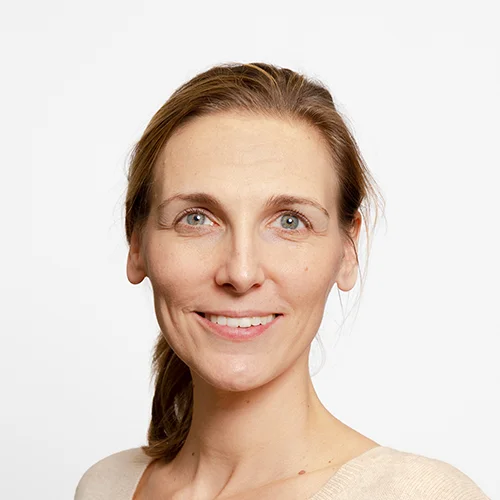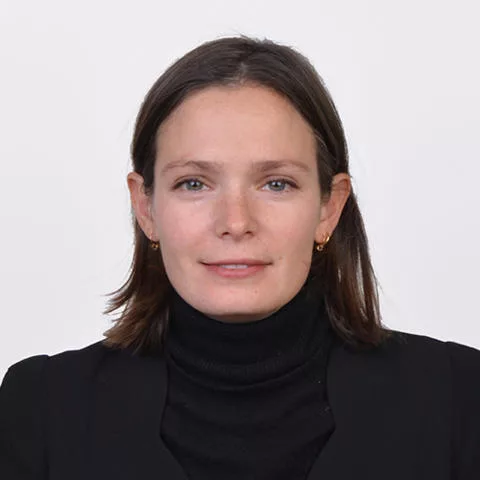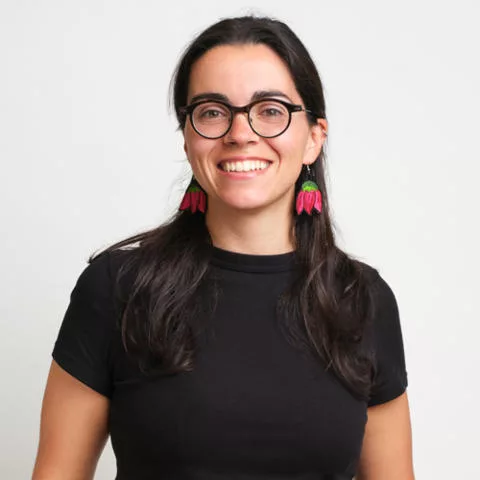One Planet Business for Biodiversity (OP2B)
One Planet Business for Biodiversity (OP2B) is an international cross-sectoral, action-oriented business coalition on biodiversity with a specific focus on agriculture.
We are determined to drive transformational systemic change and catalyze action to protect and restore cultivated and natural biodiversity within the value chains, engage institutional and financial decision-makers and develop and promote policy recommendations that promote nature-positive biodiversity. The coalition is focused on three pillars: scaling up regenerative agriculture, enhancing cultivated biodiversity and protecting high-value ecosystems
The challenge
It supplies many vital ecosystem services, such as creating and maintaining healthy soils, pollinating plants, controlling pests and providing habitat for wildlife, including for fish and other species that are vital to food production and agricultural livelihoods (FAO).
The growing global population is putting greater strain on conventional agricultural systems, which increase production through additional chemical inputs and developing more land for agriculture – both of which exacerbate the stresses on biodiversity. It is necessary to transform conventional agricultural methodologies to a regenerative approach that underlies the importance of increasing biodiversity.
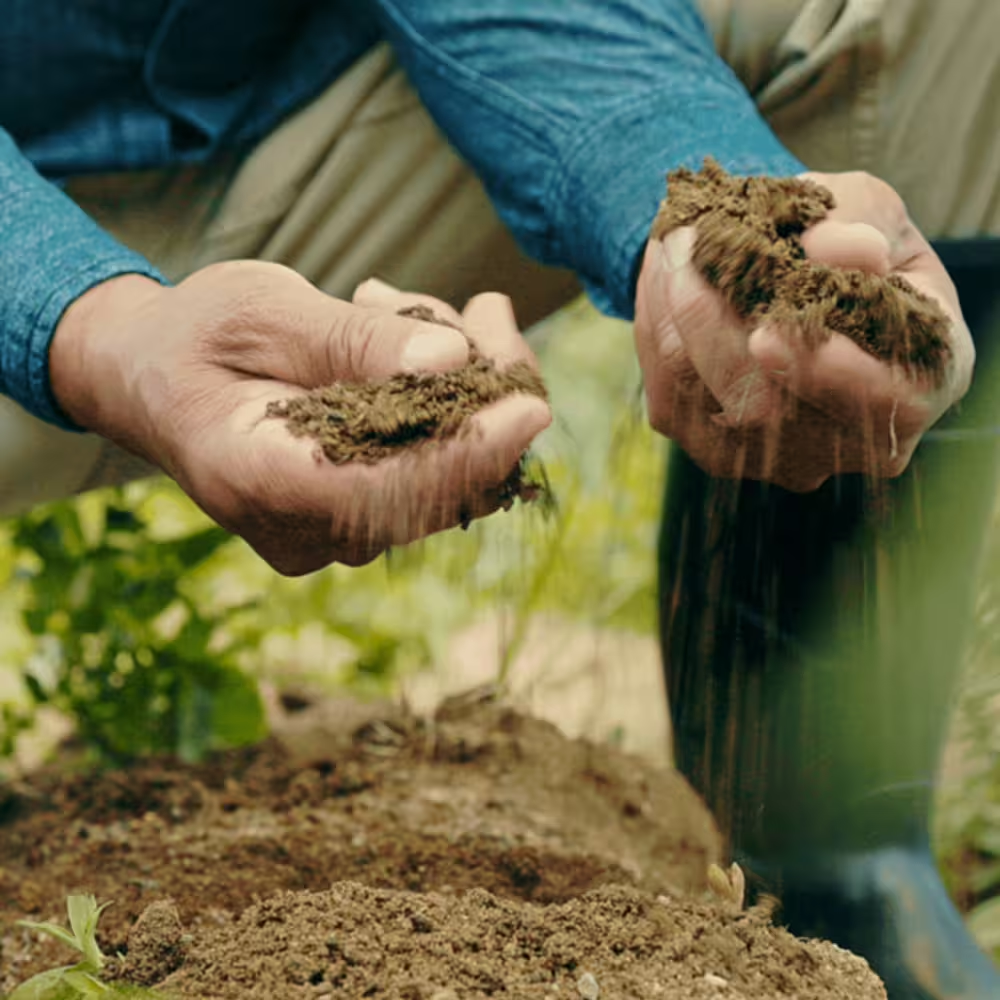
The business case
By engaging in pre-competitive collaboration and innovation, businesses can have a tremendous impact in shifting both production methods and consumption habits.
The result of this open exchange can create production processes that are more efficient, all the while creating new market opportunities resulting from diversified products. The resulting ecosystem is more beneficial for nature, biodiversity and livelihoods.
Moreover, an increase in cultivated biodiversity makes businesses less susceptible to catastrophic agricultural shocks and increases their ability to adapt to shifts in consumer demand, creating resilience.
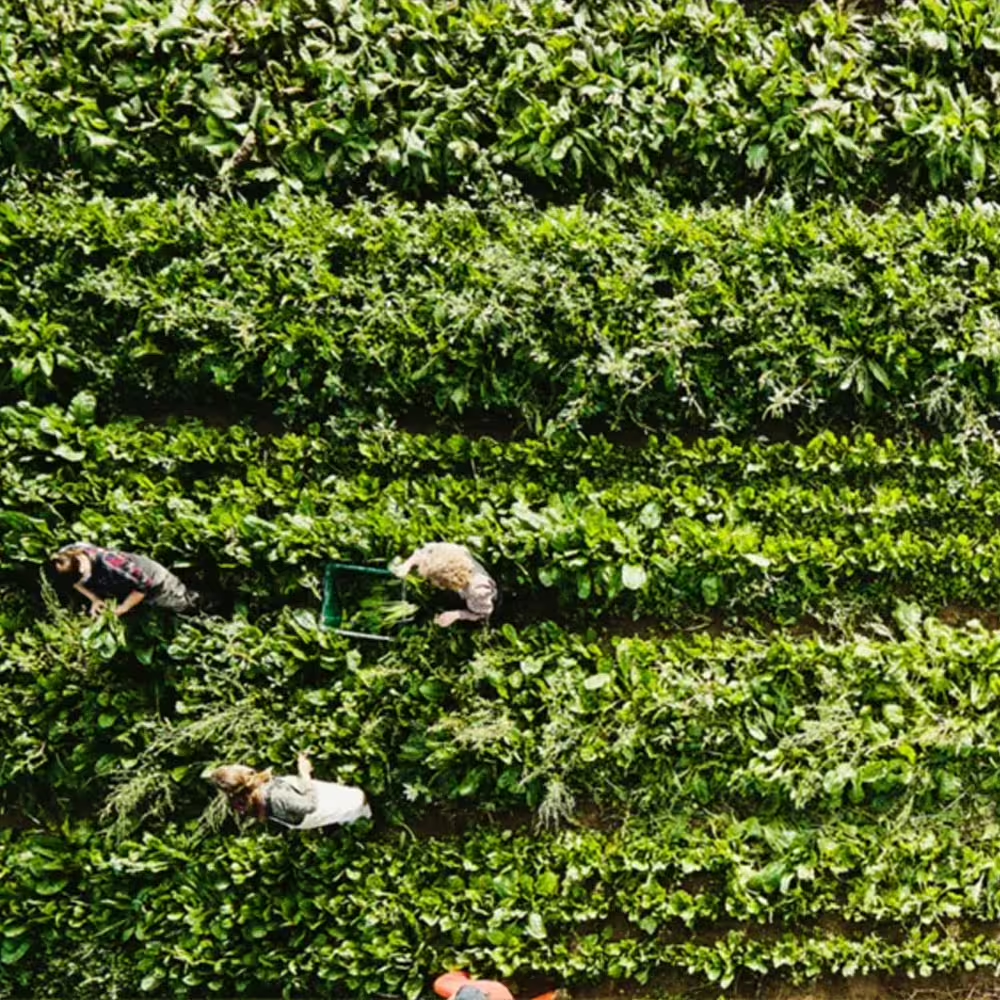
The solution
OP2B members are present in every level of the agricultural value chain across multiple sectors.
These companies are collaborating in a pre-competitive environment to create social, nature and biodiversity positive outcomes for all stakeholders. We are bringing together a group of ambitious actors and providing them with the resources and a platform to drive meaningful change toward a more sustainable future. Our solution is delivered through 3 key initiatives:
- 1. Collective landscape investments. We identify opportunities for private and public investments to scale regenerative agriculture and restoration efforts.
- 2. Accountability and metrics. We drive widespread industry alignment by promoting the adoption of an integrated regenerative agriculture measurement framework.
- 3. Advocacy. We advocate for financial support to help mitigate risks for farmers transitioning to regenerative practices and to establish strong public-private partnerships.
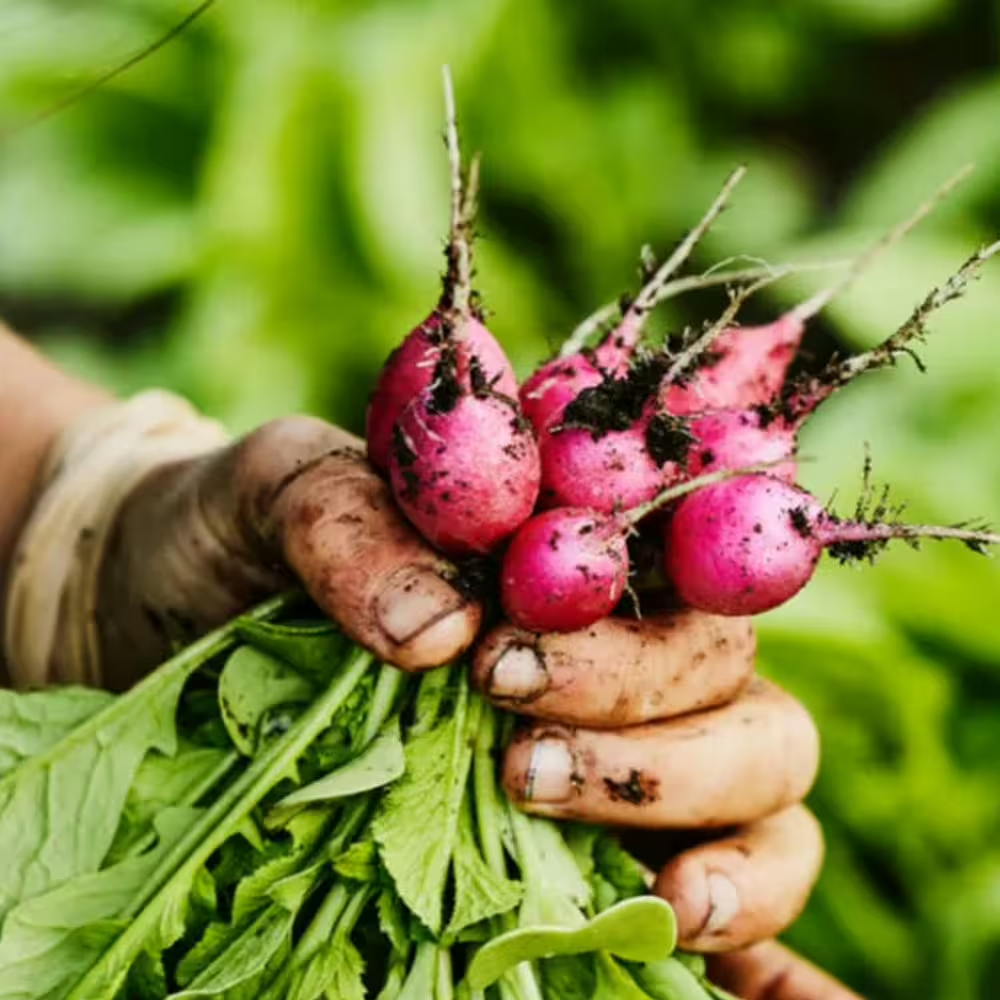
What our
members say
Our
members
